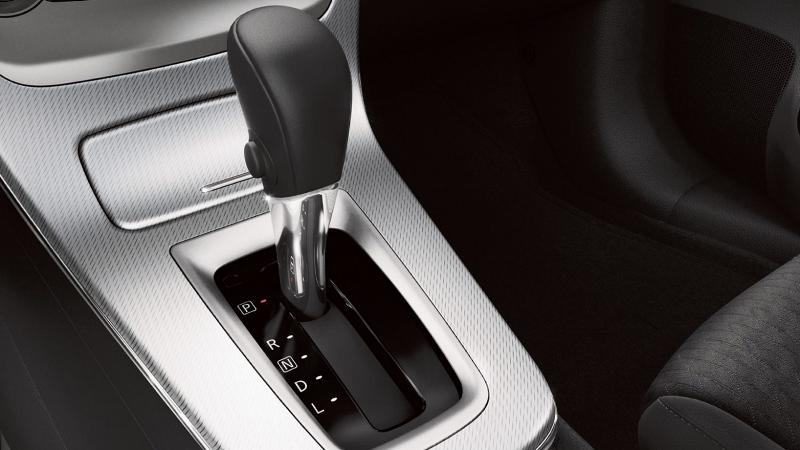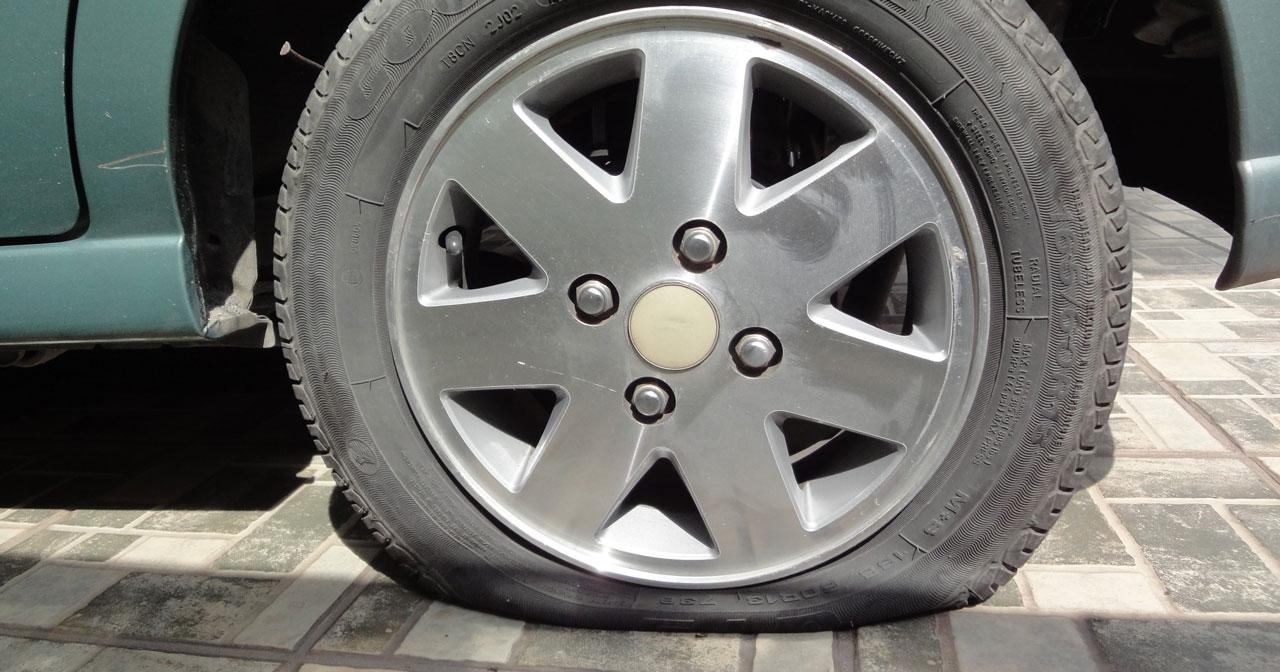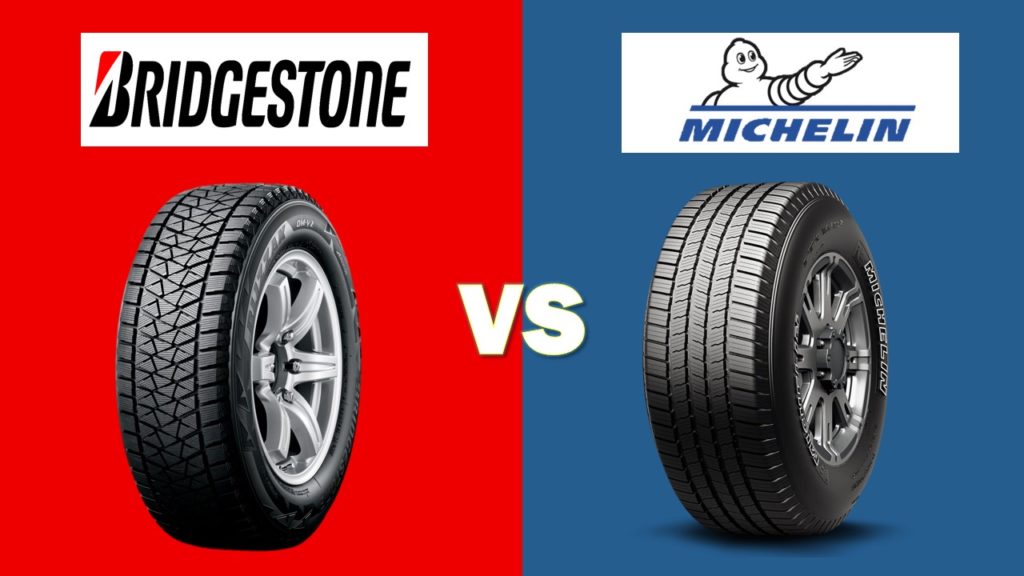Can You Put Water In Coolant Tank?
There is a myth that a car’s radiator wouldn’t need the antifreeze in warmer weather conditions. But, is that really so? Let’s find out below can you put water in coolant tank or not.
Have you ever thought to put water in the coolant tank instead of antifreeze? People are fond of experimenting, and this is one thing that car owners do when living in hot climates.
Can You Put Water In Coolant Tank: A Simple Explanation
Coolant and water are incomplete without each other. It is the 50:50 concoction of both that works to maintain the engine’s cool.
The mixture is known for doing wonders by hampering the freezing or boiling of the coolant under severe weather conditions.
The question that may eat up your head is “Can you use water instead of coolant.” Read on to get your answers.
The Role Of Coolant
If water were enough then, there would have been no need to invent anything such as a coolant. Where water tends to freeze at lower temperatures, coolant does not.
On the contrary, when water boils and evaporates in a hot temperature range, coolant does not. The coolant or aptly the antifreeze is known to stay in the liquid state no matter how wide the temperature variations.
This fact alone explains why you can’t replace coolant with water. The coolant also contains diverse additives that prevent the corrosion of the engine parts.
Then why not go by the norm and use water and coolant in equal ratios? Now that you know the answer to “can you put water in coolant tank,” let’s see how the replacement could be dangerous.
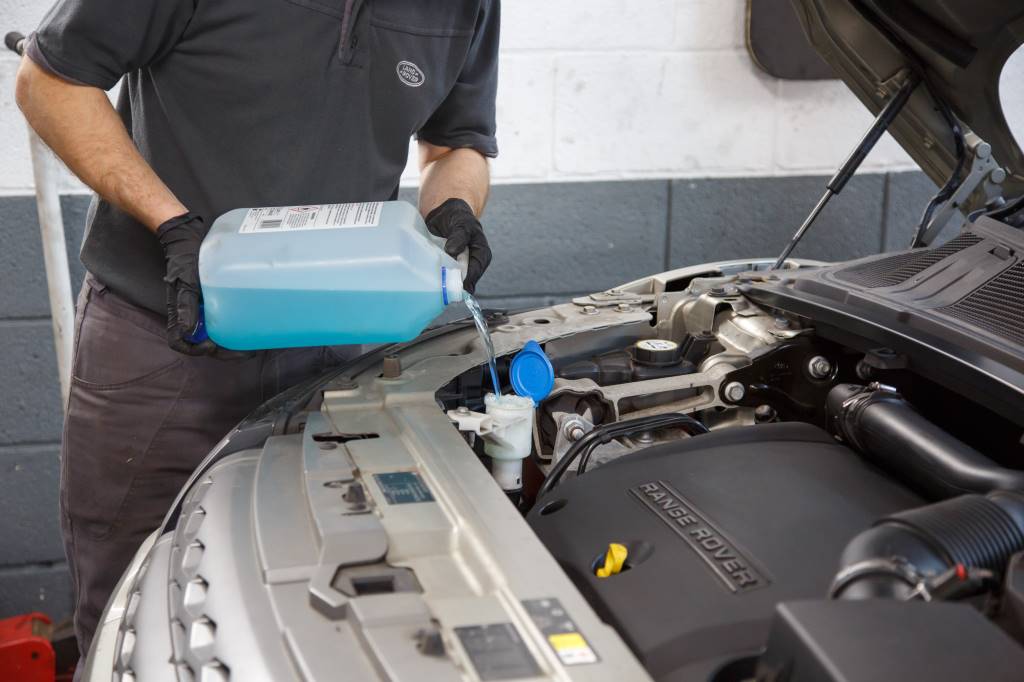
SEE MORE:
- The Consequences Faced When the Coolant Runs Out
- Signs That Indicate Low Coolant Availability In The Reservoir
Consequences Of Using 100% Water In Coolant Tank
The above section explains why using water as coolant is a bad idea. What you may be wondering now is what could possibly go wrong, if you use 100% water.
Ask, what might not go wrong, as it is the engine that you would be harming. It is quite likely that the freeze plugs would pop out and the water pump would clog owing to water freezing in winters.
In warmer weathers, air would enter the engine due to boiling of water that, in turn, would affect the engine’s overall performance.
Once the temperature would rise, water would start evaporating which would lead to engine’s overheating. Another disadvantage of water would be faster rusting of the engine and its corresponding parts.
Things To Keep In Mind
The answer to “Can I use water as engine coolant,” is definitely no. On the contrary, this does not mean that you can’t use water at all. One thing straight, always mix water and coolant in equal consistencies.
If you are using 50% water, there should be 50% coolant too. Water is mixed with coolant as the former is capable of transferring heat more quickly and effectively.
Remember to always use distilled water instead of normal water. Regular water may contain impurities that may hinder the cooling process, unlike the distilled water which is pure.
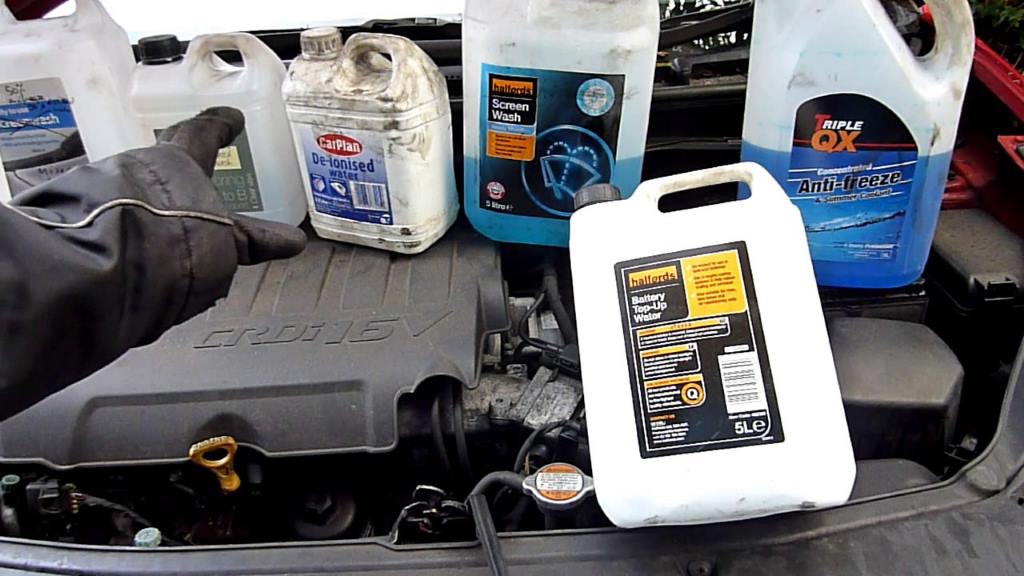
Lastly, it is the blend of heat transfer capabilities of water and the shielding nature of the coolant that makes everything perfect. Go through maintenance tips for more information on coolants and its importance.
>> Looking for a used Japanese car from authorized dealers? Click here <<
FAQs on Water In Coolant Tank
-
How effective is water as a coolant?
Due to its narrow range of boiling and freezing points and incapacity to safeguard the engine of your car, water cannot substitute for antifreeze on its own.
Additionally, it doesn’t absorb heat as well. You can utilize the water in your coolant rank in a true emergency.
-
What occurs if coolant is not diluted with water?
The silicates, phosphates, and nitrates used as performance additives must be kept suspended by adding water to the antifreeze-coolant.
These significant additions have a tendency to settle absent water. You lose anti-corrosion and other additional protection if they do that.
-
Why is water a more effective coolant than air?
Actually, water has the highest specific heat capacity of any liquid or gas on earth. This makes water a more effective heat conductor. In comparison to one liter of air, one liter of water may extract around 3000 times more energy from a system.
-
Is water necessary for all coolants?
If you must continue driving, you may add water to the radiator to get you there. However it’s better to use a 50/50 mix of coolant and water (or a pre-mixed coolant).
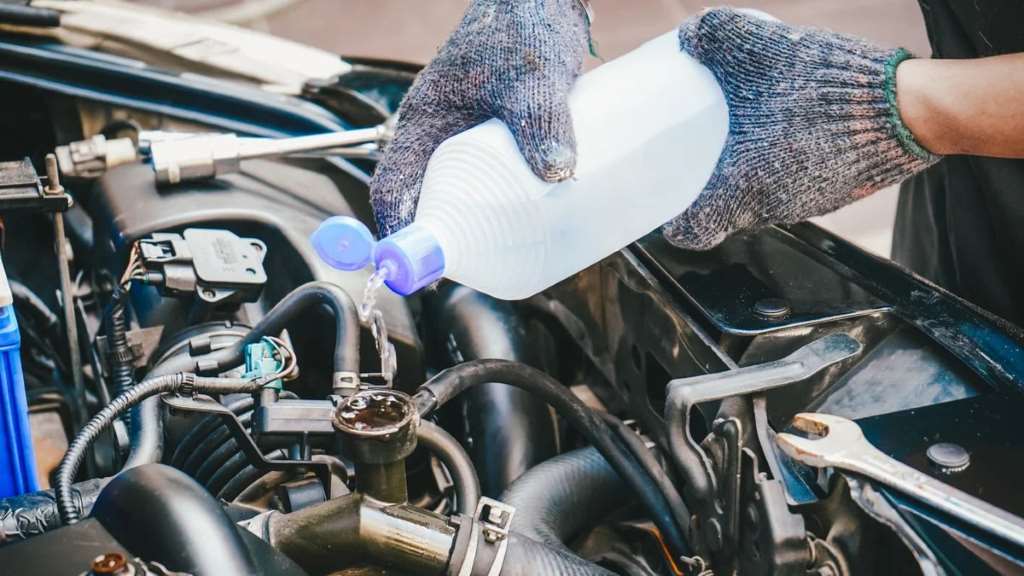
-
What coolant ratio works best in hot weather?
As a result, if you live somewhere where the temperature never drops below 26°F, your car’s performance will probably be at its peak at a 90/10 ratio all year long.
You might be better off using a 60/40 ratio if you live somewhere where winter lows can drop to -10°F and summer highs can reach 95°F.
-
Is having more coolant than water in the coolant tank optimizable?
For instance, in more temperate areas, a 30:70 combination (30% coolant and 70% water) can function adequately.
However, a larger concentration of antifreeze is needed in the coolant in regions where the temperature frequently goes below 0°C. In practically every climate, mixtures with a 50:50 ratio are effective.
Wrapping Up
Now when someone asks can you put water in coolant tank, you would know what would be best.
While some may suggest you use the water alone when in warmer climates, do not follow the advice. Because half water and half coolant is what makes the engines play!











